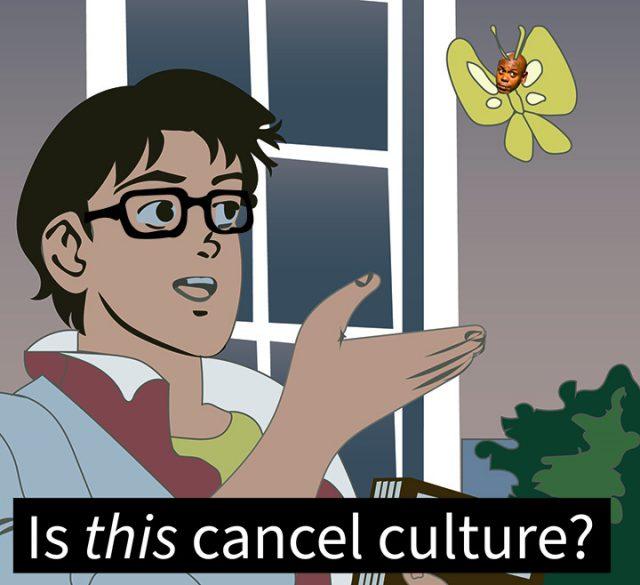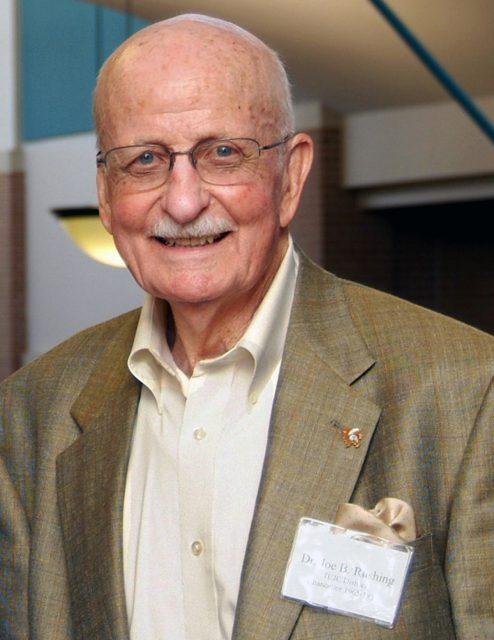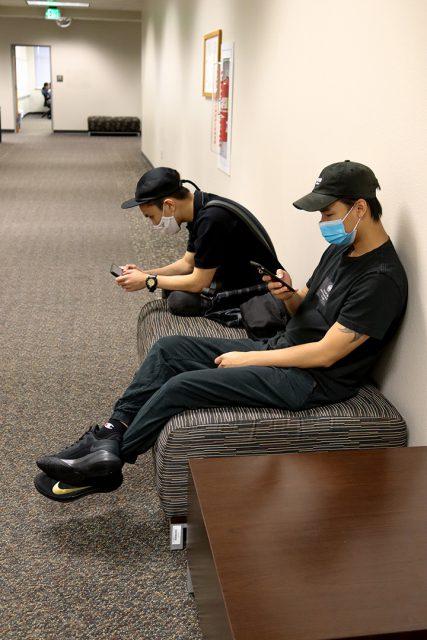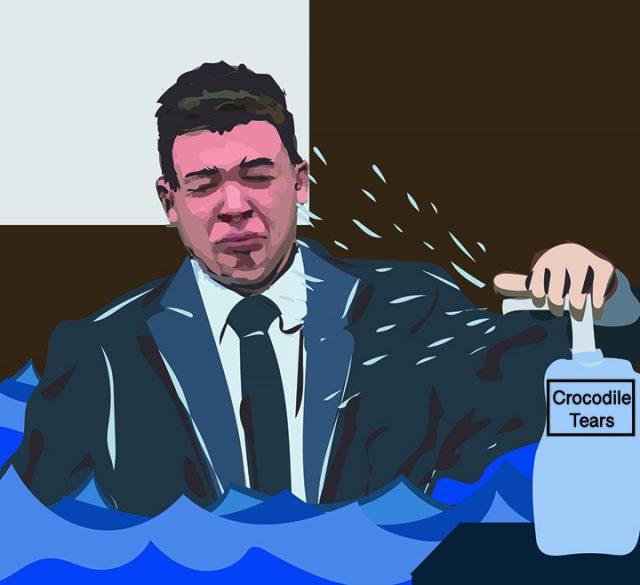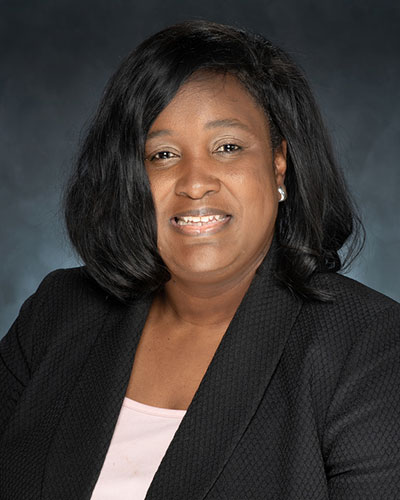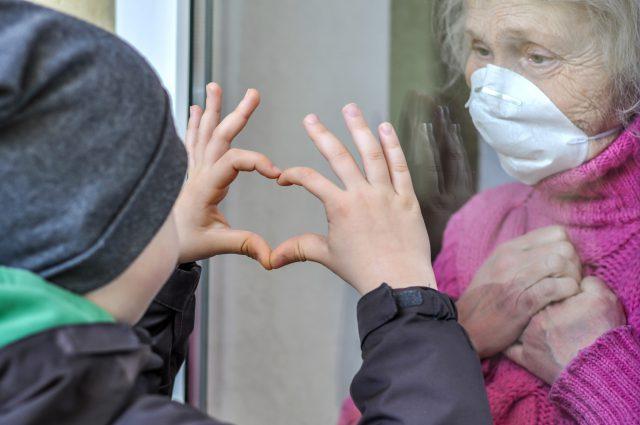Cancel culture is a topic that’s been prominent these past couple of years, but the issue with it is that it’s hard to define.
Comedian Dave Chappelle is receiving backlash from his Netflix comedy special “The Closer,” but some may argue that it isn’t entirely fair.
Chappelle is one of the many public figures that come to mind when talking about cancel culture. Many public figures are getting canceled because either they said something their respective audiences didn’t like or certain accusations were brought up against them.
The most recent usage of cancel culture is being used by Gen Z. The interesting part about cancel culture is that it’s not just relegated to people. Toys like Mr. Potato Head, created in the 1950s, were canceled in 2020 because it was deemed offensive by women since it had the prefix “Mr.” in front of it, so Hasbro took it off to be more inclusive to everyone by making it a more gender-neutral toy.
Brand names like Aunt Jemima’s pancake-mix and syrup brand, founded in 1889, were deemed offensive by the public because its origins were based on a racial stereotype.
Whether cancel culture is a good or bad thing, that’s neither here nor there, but first, there needs to be an understanding of what it is. Cancel culture has evolved, probably over the last six years, and its meaning has changed to fit a certain narrative.
Cancel culture is such a broad topic because it means so many different things to so many different people. Some view it as a positive, defining it as a way to hold people accountable for their actions. Others view it as merely the newest form of mob justice. Cancel culture is almost impossible to come up with an exact definition.
While cancel culture can offer consequences to actions, it sometimes can take it too far. It allows others to damage someone without giving them a chance to rebuttal the claims against them, almost like a one-sided argument.
It doesn’t affect just celebrities, it affects regular people too. Cancel culture can sometimes make a bigger deal out of something than it was in the first place.
Kevin Hart refused to host the 2019 Oscars because he received backlash from homophobic tweets and old jokes.
“Things that used to be funny or accepted are now cancelable,” he said in a NY Post interview. “The only way to grow up is to mess up and learn from it.”
There are, of course, people who deserve to be canceled like Louis C.K. who legitimately did a bad thing. Louis C.K. was guilty of sexual misconduct, exposing himself in front of five of his female colleagues.
Comedy is one of those things where most of the material is offensive, and it’s controversial, so society needs to work on deciphering what they want to “cancel” because the thing about comedy is it’s not supposed to be taken seriously.
Cancel culture is like a lit match in a forest fire. Over time, the fire comes from the match and it spreads throughout the forest and creates this massive fire that spirals out of control and it can be hard to contain and then oftentimes when it does get contained it is too late and so much damage has already been done.
There are certain instances where cancel culture doesn’t work. Take the rapper, Eminem, for example. People tried to cancel him because of his “angry” lyrics, but that is who he is as an artist. Cancel culture started as an idea to rectify power, but nowadays people have taken advantage of it and used it as a weapon instead of using it to help people.
People need to take time to start making sure the offenses a person is being canceled for are justified. The term is thrown around so much it’s maddening. Bad choices lead to bad consequences, but good choices lead to good consequences.

























